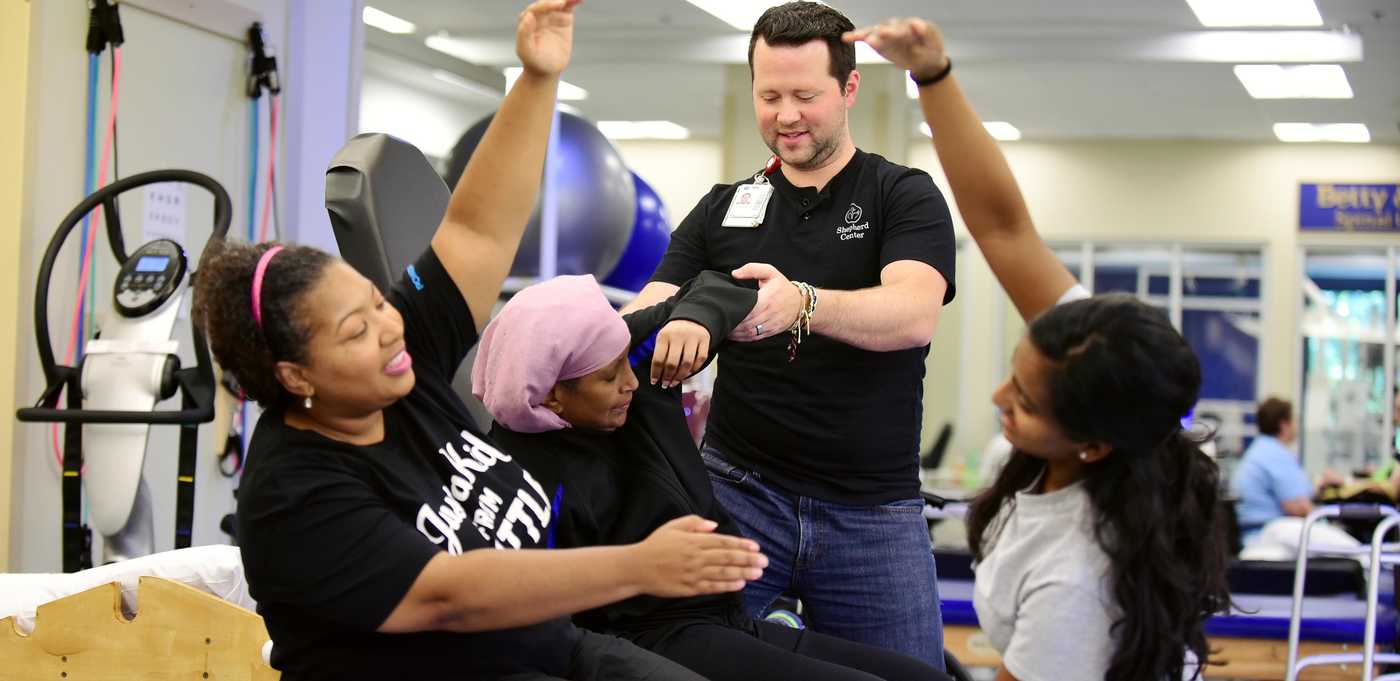Sleep Hygiene and MS
Research shows that as many as 50% of people with MS are dealing with sleep dysfunction. However, sleep problems are common in people who are otherwise healthy as well. Factors such as busy lifestyles, long work hours, technology and unhealthy bedtime routines (sleep hygiene) are often big contributors to poor sleep. Other conditions such as sleep apnea and restless leg syndrome can interfere with sleep. It is important not to assume all sleep disturbances are the result of MS. There are often multiple contributing factors to sleep disturbances. Therefore, it is important to discuss your current symptoms with your MS provider and primary care physician to identify all possible causes and contributing factors to your sleep dysfunction.
MS can affect sleep directly as well as indirectly. People can develop lesions in the brain which directly interfere with regulating sleep. MS symptoms and medication side effects, such as urinary urgency and frequency, can indirectly affect a person's sleep. Both urinary symptoms could cause someone to wake up several times to empty the bladder, thereby disrupting sleep. Another example is fatigue; many MS patients nap during the day because of fatigue, which can lead to poor sleep at night. Stimulants, a class of medication to help with fatigue, can have a side effect of keeping people up at night, especially if taken too late in the day.
Tips for Improving Sleep
Create Sleep Hygiene
- Set a reminder alarm 15 minutes prior to your scheduled bedtime to wrap up your evening activities and prepare for bed.
- Remove any electronics that may be potentially distracting. Set a “do not disturb” notice on your phone to avoid calls or messages that may interrupt your sleep.
- Adjust your food and fluid schedule so you are not going to bed hungry or waking up several times a night to empty your bladder.
- Create a comfortable environment in your bedroom that is conducive for good sleep. Examples include covering windows with shades or blackout curtains and setting the thermostat to a comfortable, cool temperature.
- Being consistent with these behaviors will train your body over time to follow this bedtime routine.
Track your Sleep
- Tracking your sleep is a helpful way to monitor sleep quantity (hours asleep), identify areas of improvement and recognize positive outcomes to changing your sleep hygiene. Going through all the stages of sleep are important for your brain and body to fully recover and wake up rested the next morning. There are a several phone apps and wearable devices available to evaluate your sleep by tracking how long you slept, the amount of time in each stage of sleep and if there were any subconscious activities interrupting your sleep (i.e., snoring, coughing, increased movement, talking).
Watch What You Eat Before Bed
- Eating before bed isn’t necessarily a bad thing. However, you want to be mindful of how your body responds to certain foods and how long they take to digest.
- Avoid trigger foods that cause GI distress such as spicy and fatty foods. These may cause you to have a hard time getting to sleep or wake up during the night with stomach upset and gastric reflux. Try smaller portions of the foods you enjoy to alleviate issues with your digestive system.
- Caffeine, tobacco and alcohol can lead to poor quality, interrupted sleep.
- Avoid taking in too many fluids prior to bed, especially if bladder issues are a problem.
- Nuts promote sleep because they contain magnesium and zinc, which are excellent for helping the body relax.
Try Some Relaxation Activities
- Try a warm beverage to help relax and promote sleep. Some examples are warm milk and warm milk mixed with turmeric (Golden Milk). Milk contains melatonin which is a natural sleep aid. Herbal teas like chamomile, valerian root and passionflower are good for bedtime relaxation too.
- Warm showers/baths, mild yoga and/or stretching can help get your body into a relaxed state for sleep.
- Meditation is another great tool to help relax the mind and body to prime it for a rested night. Try performing a “body scan,” which involves visualizing your body from toe to head and acknowledging any tight/tense areas that you need to relax.
- Aromatherapy is another useful tool for relaxation. Try essential oils with calming scents such as lavender, chamomile, ylang ylang and valerian.


